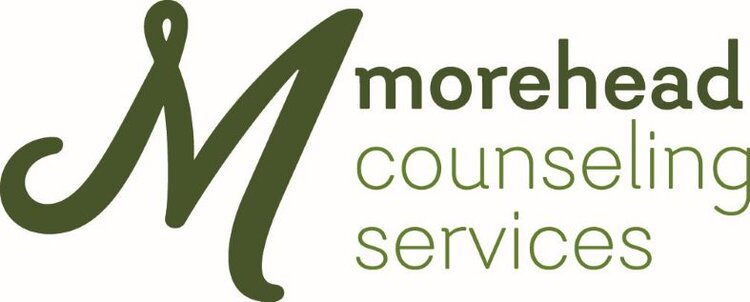The Power of Negative Thinking
We are accustomed to hearing people talk about the power of positive thinking. "The glass is half full" or "Look on the bright side." While we hear these phrases and others like them daily, we rarely talk about the power of negative thinking. Thoughts are powerful and there are few things that can work against us more than negative thinking. In my career and in my personal life, I see how much power negative thinking can have over us. It is important to understand why and then work toward avoiding that negativity.
Many times our negative thoughts are about what we perceive others to think about us.
- "That answer I just gave sounded dumb."
- "Why did they not call me back? They must not like me."
- "She looked at me weird. She thinks I am ugly."
Negative thoughts, like these, are just not accurate. We have no way of knowing what others think about us, if they don't tell us. So when we say to ourselves "she does not like me" or "no one cares" we are simply implying that we know what someone else is thinking about us.
Sometimes we are at fault in a situation. In these instances negative thinking prevents us from moving forward. I may have burned the casserole we were taking to the potluck. You might have worn my favorite earrings without asking and lost one. He may have said something mean to someone and they do not want to hang out with him again. All of these situations clearly have a person at fault. However, if I think that I am a terrible cook because I burned the casserole is a that an accurate assessment? Probably not. But that situation could ruin my evening and create tension in a relationship if I were to let it. One of the most important things we must remember about our cognitions or our thinking is that we are in control of our thoughts. Recognizing that something bad has happened and then finding a way to move on helps us overcome the negativity. It is not so much about positive thinking. It is about thinking realistically.
Yes, I burned the casserole. Maybe it was because the recipe was not very good. Perhaps I forgot to set the timer. Possibly, I simply misread the directions. The reason does not really matter. What matters is how I choose to move forward. Do I accept that I burned the casserole, feel frustrated and go to the potluck anyway with a good story? Or do I choose to continue to be angry with myself, tell myself I am a terrible cook, get into an argument with my partner and stay home?
When we get stuck in the negative thinking cycle, no one benefits. We tend to feel sorry for ourselves and alienate others. We may avoid situations where we have to confront our negative thoughts such as the gym, class, work or social situations with other people. We may get into arguments with others when we wrongly believe that they feel a certain way toward us. We may quit an activity that we feel we are not good at. If, however, we try to move into a more realistic mode, we take accountability for the bad and look for a way to move forward. We identify a goal or some way to address the issue. We think realistically.
Bad things are going to happen. We are going to mess up. People are going to get mad at us. We are going to forget to pay a bill. We are going to gain/lose weight. If we believe that all of those bad things are directly related to some intrinsic flaw within us, then we are forever going to be paying an unnecessarily high price for simply living life. We have to move toward recognizing that things happen, sometimes because of us and sometimes in spite of us. We must see them for what they are, determine if we need to do something about it or accept it and move on. When we can do that, then we avoid the negative thinking cycle. We begin to deal with our emotions, handle difficult situations and live a more fulfilling life.
So let's work on realistic thinking- not positive or negative- but realistic.
